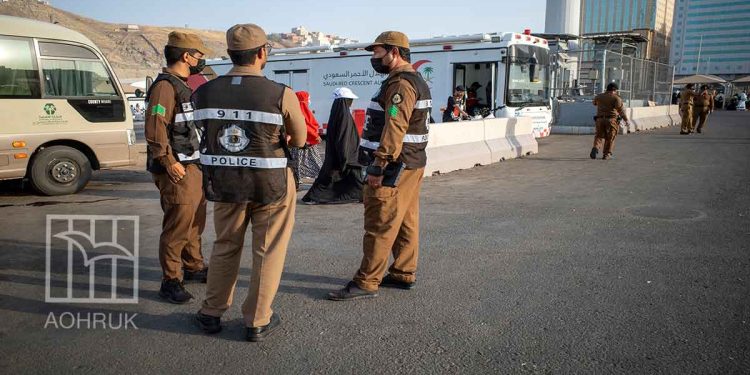Saudi authorities have carried out the execution of two citizens, Saad Al-Juaid and Abdulrahman Al-Zahrani, following convictions on terrorism-related charges. The executions, announced by the Ministry of Interior, come amid growing concerns over the increasing use of the death penalty against political dissidents in Saudi Arabia.
In an official statement, authorities alleged that the two men had committed offences described as “acts of treason, adopting an extremist ideology that permits bloodshed, supporting terrorism, and harbouring terrorist elements.” The vague nature of these charges raises concerns over due process and fair trial standards, particularly in cases carrying the irreversible punishment of execution. International human rights principles require that capital punishment, where still practised, be imposed only following a fair and transparent trial process with full guarantees of legal defence, particularly in cases involving political allegations.
The executions form part of a broader trend of politically motivated capital punishment in Saudi Arabia. Since the beginning of February 2025, several individuals have been executed in connection with terrorism-related charges, adding to at least seven other executions carried out earlier this year. The previous year, more than 350 people were executed, with many cases involving allegations of extremist affiliations or connections to banned organisations. The use of the death penalty has also disproportionately targeted individuals from Saudi Arabia’s Shia minority, raising further concerns over sectarian discrimination in the application of justice.
The lack of independent oversight in Saudi Arabia’s judicial proceedings has heightened fears that executions are being used as a tool for political repression rather than legal justice. The absence of fair trial guarantees, public transparency, and meaningful legal recourse has cast serious doubts on the credibility of the country’s legal system, raising questions over whether judicial rulings are being used to suppress dissent rather than uphold the rule of law.
The increasing reliance on capital punishment in political cases reflects a systematic policy of intimidation and repression. The use of the judiciary as an instrument to eliminate opposition figures and silence criticism undermines fundamental rights, including freedom of expression and due process protections under international law. International human rights standards explicitly prohibit the use of the death penalty in cases where judicial proceedings fail to meet basic fair trial principles, and the widespread application of executions in Saudi Arabia risks violating these global legal obligations.
The Saudi authorities must immediately halt the use of executions as a means of political control and ensure that judicial processes adhere to fair trial standards. There is an urgent need for independent legal scrutiny of capital punishment cases, ensuring that judicial rulings are not weaponised to suppress political opposition. A commitment to justice and human dignity requires that the legal system function as a mechanism for fairness and accountability, rather than a tool of repression used to instil fear and eliminate dissent. The international community must intensify efforts to hold Saudi Arabia accountable for its systematic violations of human rights and press for an immediate moratorium on executions that fail to meet international legal standards.


























